
?
When embarking on a sewing project, one of the questions that often comes up is whether or not the fabric should be washed before sewing. While it may seem like an extra step that can be skipped, washing fabric before sewing actually has several benefits that can greatly improve the outcome of your project.
The Importance of Pre-Washing
Pre-washing fabric refers to the process of washing and drying it before using it for sewing. This step is particularly important when working with natural fibers such as cotton, linen, or rayon. Pre-washing serves multiple purposes:
- Shrinking: Most fabrics tend to shrink when exposed to water and heat, which may result in your completed project becoming smaller once it’s washed. By pre-washing the fabric, you allow it to shrink before sewing, reducing the risk of unexpected size changes after finishing your project.
- Color bleeding: Some fabrics, especially vibrant or dark-colored ones, have a tendency to bleed excess dye when washed. If you skip pre-washing, there is a possibility that the excess dye might transfer onto other parts of your project or even onto other clothing items during future washes. Pre-washing helps to remove any excess dye and ensures that your completed project retains its colors as intended.
- Removal of chemicals and finishes: Fabrics often undergo various chemical treatments during the manufacturing process, such as starches or fabric softeners. These chemicals can affect the texture and drape of your fabric, leading to unexpected results. By pre-washing, you are able to remove these treatments and allow the fabric to achieve its natural state before sewing, resulting in a more accurate representation of the fabric’s characteristics.
Exceptions to Pre-Washing
While pre-washing fabric is generally recommended, there are some instances where it may not be necessary:
- Synthetic fibers: Fabrics made from synthetic fibers like polyester or nylon generally do not shrink or bleed colors. However, it’s always a good idea to check the fabric’s care instructions to ensure that pre-washing is not needed.
- Non-garment projects: If you are using fabric for crafts or non-garment purposes, such as quilts or home decor items, pre-washing might not be as essential. However, it’s still worth considering pre-washing to remove any chemicals or finishes that could affect the overall look and feel of the project.
Proper Pre-Washing Techniques
When pre-washing fabric, it’s essential to follow these steps to minimize any potential damage or distortion:
- Sort and test: Separate fabrics based on their color and weight. Test a small corner of the fabric by washing it with mild detergent to ensure that the colors are stable and won’t bleed excessively.
- Wash and dry: Use a gentle cycle and cold water to wash the fabric, avoiding any harsh detergents or fabric softeners. After washing, tumble dry the fabric on low heat or air dry it to avoid excessive shrinkage or damage.
- Press and store: After drying, press the fabric with an iron to restore its crispness. Then, fold it neatly or store it on a hanger until you’re ready to start sewing.
In conclusion
While it may add an extra step to your sewing preparation, pre-washing fabric is a crucial step to ensure the best possible outcome for your project. By pre-washing, you can minimize unexpected shrinkage, color bleeding, and eliminate any unwanted chemicals. Remember to check the fabric’s care instructions and make an informed decision on whether or not pre-washing is required. Happy sewing!
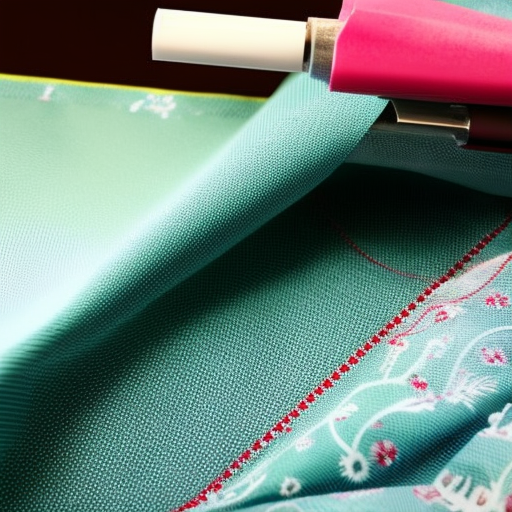
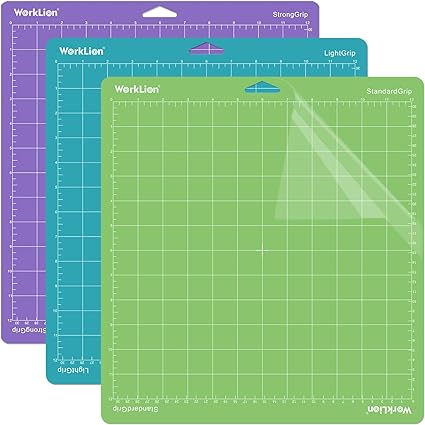
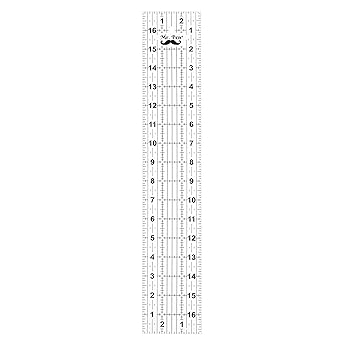
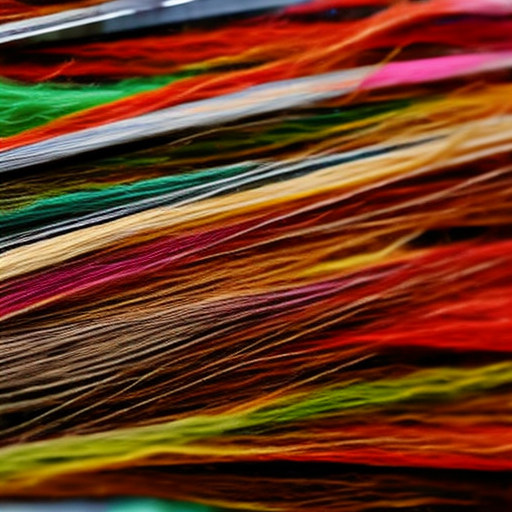
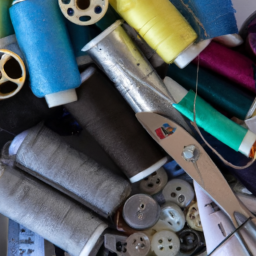
Definitely, especially if the fabric is new and has a sizing on it. #PrepareToSew
It’s a great idea to pre-wash the fabric before sewing, especially to make sure no surprises (e.g. shrinkage, discoloration) occur while working with the fabric! #HappySewing